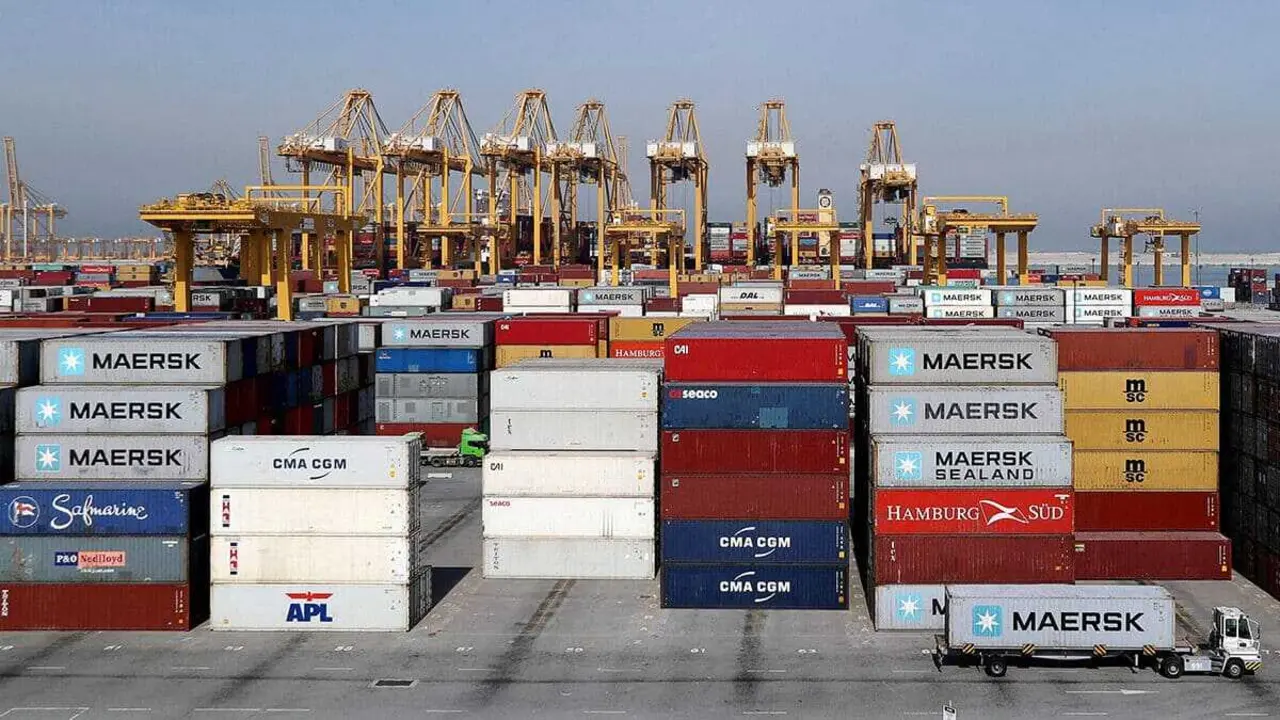Debt and high profit margins will have a crushing effect on developing countries

The United Nations Conference on Trade and Development (UNCTAD) warns that developing countries face years of difficulties as the global economy slows amid increased financial turbulence.
In its latest Trade and Development Report Update, released Wednesday, it says annual growth in much of the world economy will fall below pre-pandemic performance and well below the decade of strong growth prior to the global financial crisis.
"Interest rate hikes will cost developing countries more than $800 billion in revenue foregone in the coming years," says the agency, which expects global growth in 2023 to fall to 2.1%, down from 2.2% projected in September 2022, assuming that the financial consequences of higher interest rates are contained by the first-quarter bank bailouts.
Against this backdrop, the conference predicts that rising debt, interest rate hikes, food prices and lack of sufficient liquidity "will have a crushing effect" on developing countries.
Indeed, many of these nations "face a deepening development crisis as sky-high debt levels and higher servicing costs restrict productive investment in both the public and private sectors. The shortage of international liquidity has already turned unanticipated shocks into a financial vicious circle in some countries".
According to data compiled in the paper, 81 developing countries (excluding China) lost $241 billion in international reserves in 2022, an average decline of 7%, and more than 20 countries experienced a drop of more than 10%, in many cases exhausting their recent intake of Special Drawing Rights.
Meanwhile, borrowing costs, as measured by sovereign bond yields, rose from 5.3% to 8.5% for 68 emerging markets. Overall, pressure on developing countries from external creditors to reduce fiscal deficits is expected to increase.
"Debt overhang will result in a development crisis and greater inequalities with 39 countries paying their external public creditors more money than they received in new loans, resulting in an adverse impact on public investments and social protection," UNCTAD experts conclude.
Moreover, over the past decade, debt servicing costs have risen steadily relative to public spending on essential services, and the number of countries spending more on servicing external public debt than on health care rose from 34 to 62 during this period.

However, UNCTAD believes that even if financial conditions stabilise, the slowdown in economic growth in many developing countries, combined with the end of the era of cheap money, points to future rounds of debt overhang.
Record profits for agricultural commodity traders have been driven by economic uncertainty and market volatility over the past four years, according to the latest Update.
"Exceptionally large profit margins have driven prices higher, highlighting the concentration of market power in key industries. In developing countries, food inflation remains high, while the impact of energy costs varies according to local regulations.
The financialisation of commodity trade, i.e. the conversion of any product of labour or service into financial instruments, "has made financial markets the dominant influence on the profitability of food traders," UNCTAD notes.
The Update emphasises that, as of early 2023, food inflation remains high, despite a decline in headline inflation, with 25% to 62% of the overall figure driven by food inflation.
Against this backdrop, the UN Conference calls for a bold agenda to support developing countries, including:
- a review of the global debt architecture
- increased liquidity
- stronger financial regulation.
"Both the banking crisis and the cost of living crisis have shed light on opacity and increased concentration of market power in key industries. UNCTAD calls for closing loopholes in the financial reform initiated in the wake of the 2007-2009 crisis, for broadening the scope of systemic supervision and stronger regulation of shadow banking institutions.
According to the UN body, to adequately support the needs of developing countries, the multilateral financial agenda needs to be strengthened, with an urgent focus on reforming the debt architecture.
It therefore calls for:
- establish a multilateral debt workout mechanism,
- create a registry of validated data on debt transactions of both lenders and borrowers
- conduct enhanced debt sustainability analyses that incorporate climate and development financing needs.
"The upcoming meetings of the International Monetary Fund and the World Bank provide a valuable opportunity to strengthen development finance and address the constraints faced by countries in need of greater liquidity," say experts.

For example, the issuance of new Special Drawing Rights (SDRs)* worth at least 650 billion would be a positive first step to help alleviate the heavy debt burden that hampers development prospects.
In addition, it also calls for G20 nations to fulfil their commitment to recycle at least $100 billion of their unused Special Drawing Rights to support global economic recovery.
The combined impact of higher interest rates and higher energy and food prices in the context of declining fiscal support is expected to further weaken household spending, including on housing. Business investment, hit by the financial turmoil, is also expected to slow further or contract.
Annual growth in much of the global economy will fall below pre-pandemic performance and well below the decade of strong growth prior to the global financial crisis, with a potentially devastating effect on the economies of developing countries.
This will further deepen the cost of living crisis their citizens currently face and magnify inequalities around the world.
*Special Drawing Rights are an international reserve asset created by the International Monetary Fund in 1969 to complement other reserve assets of its member countries. They help provide greater liquidity to the global economic system to promote a sustainable and resilient global recovery.








